Newsletter

Deadly adulterants have proliferated as drug-war policing escalates in Baltimore
Baltimore has seen low-level drug arrests surge in the past year. Meanwhile, the city's drug supply has been inundated with adulterants. The two phenomena are inextricably linked.
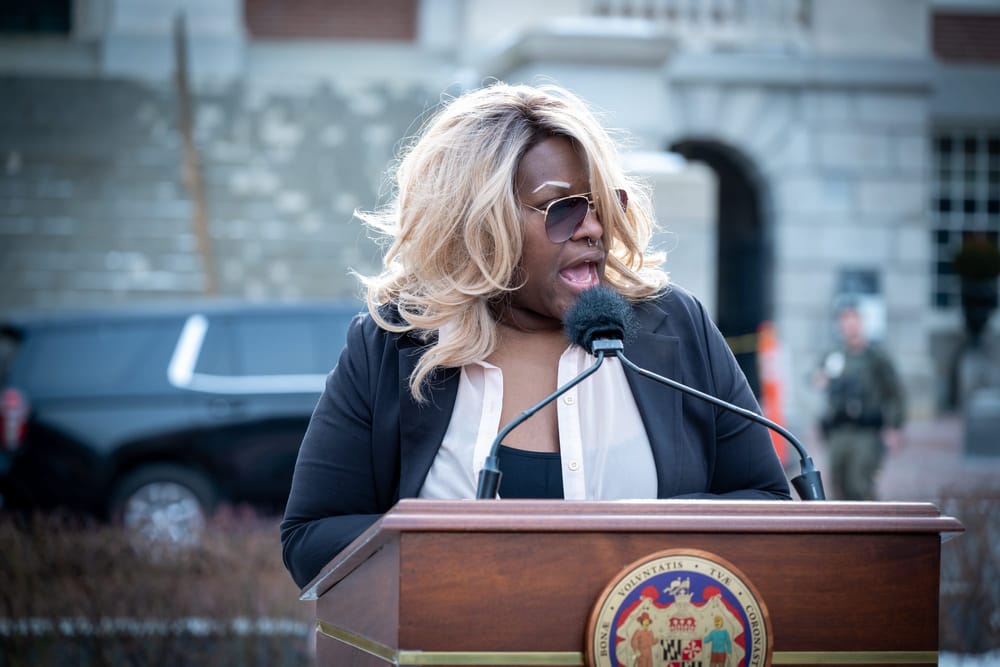
Baltimore harm reductionists rally in Annapolis to target paraphernalia criminalization
Harm reduction advocates are fighting to repeal laws criminalizing paraphernalia this legislative session, continuing a years-long effort to protect access to syringes and other items. If successful, they'd dismantle a critical component of the War on Drugs in Maryland.
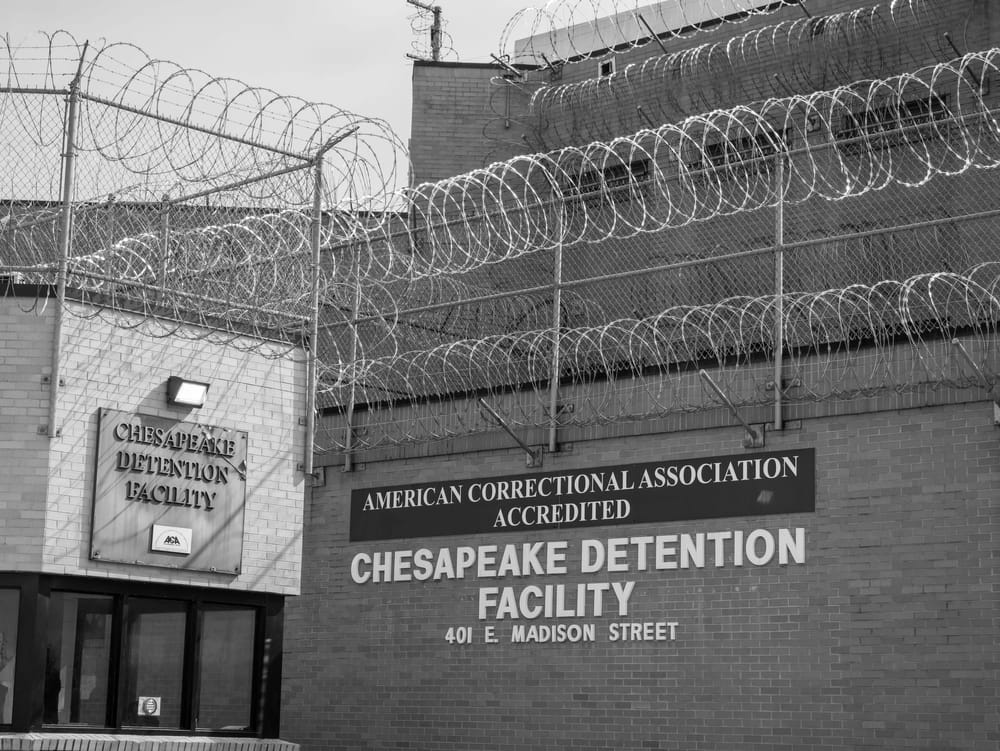
Baltimore's flawed mass OD protocol is a consequence of its failure to end the drug war
Baltimore officials took to Annapolis last week to detail their new mass overdose protocol. As police crack down harder on drug users and those who sell them, the plan is a band-aid that won't redress the devastating wounds of prohibition.
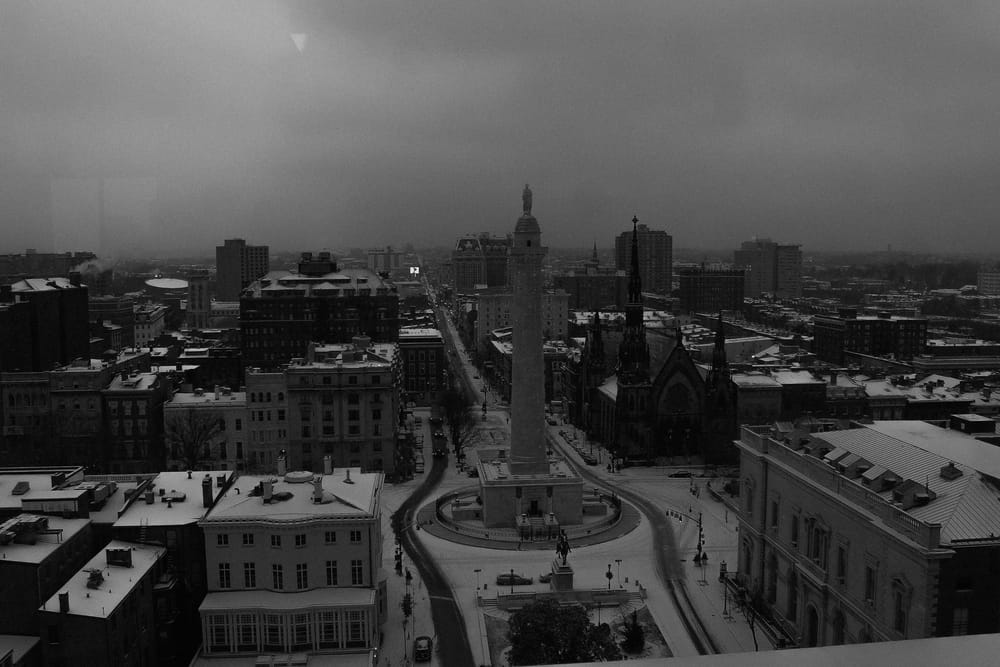
A frigid Baltimore storm highlights the cold shoulder those in power have given to vulnerable residents
A winter storm and sub-zero windchills recently ravaged a city that already struggles to keep drug users and unhoused residents alive. Like elsewhere in the nation, this weather is a death sentence for our most vulnerable.
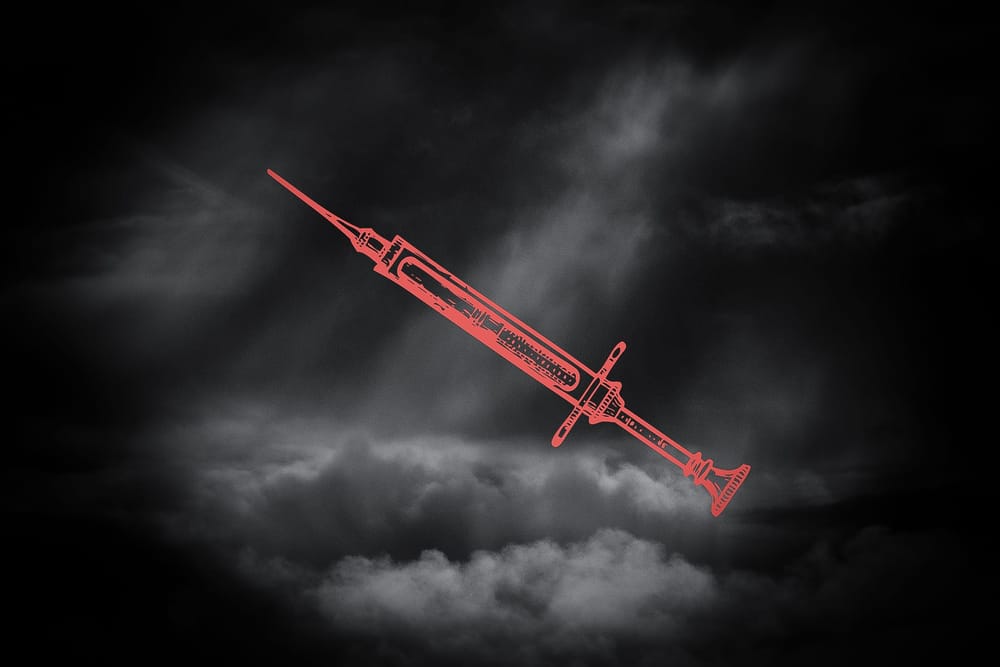
Hysteria and harm reduction: What the hell is going on?
The harm reduction movement was founded upon boots-on-the-ground organizing, and it must remain organized to serve drug users during these difficult times.
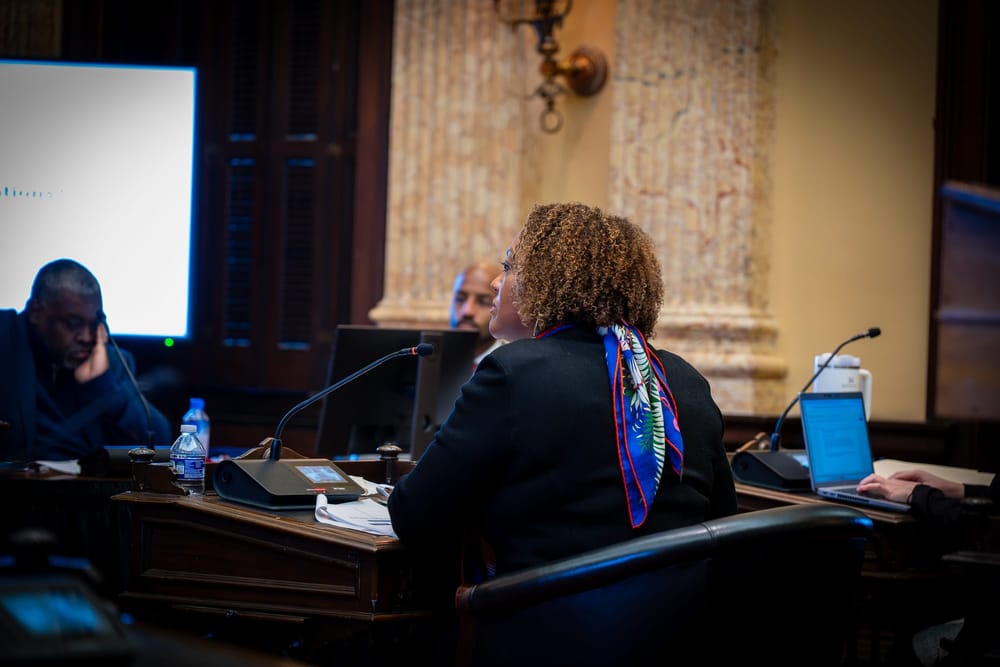
Baltimore City Council wants health officials to do more with less as they look to drive down OD deaths
Baltimore health officials hope to achieve a 40% reduction in fatal overdoses by 2040. That's not enough for members of the Baltimore City Council, who want bigger promises despite a lack of funding or drug policy reform.

Baltimore once again balks at OPCs as advocates drop push for state legislation this year
Mayor Brandon Scott has omitted overdose prevention centers from his list of legislative priorities for 2026 in the absence of a statewide push in the upcoming General Assembly session. Paired with remarks from the city's top health official, OPCs may be dead in the water.

Mobtown Redux to partner with Scalawag Magazine in 2026
Mobtown Redux and Scalawag will co-publish the Redux Newsletter, expanding the reach of harm reduction journalism in Baltimore and paving the way for a new wave of reporting that advocates for drug users in the South and beyond.

A Baltimore harm reductionist's Christmas wishlist
As a harm reductionist in Charm City, there's quite a lot on my Christmas list this year. Unfortunately, most of my wishes can only come true if Baltimore officials muster up some sorely missing political will.
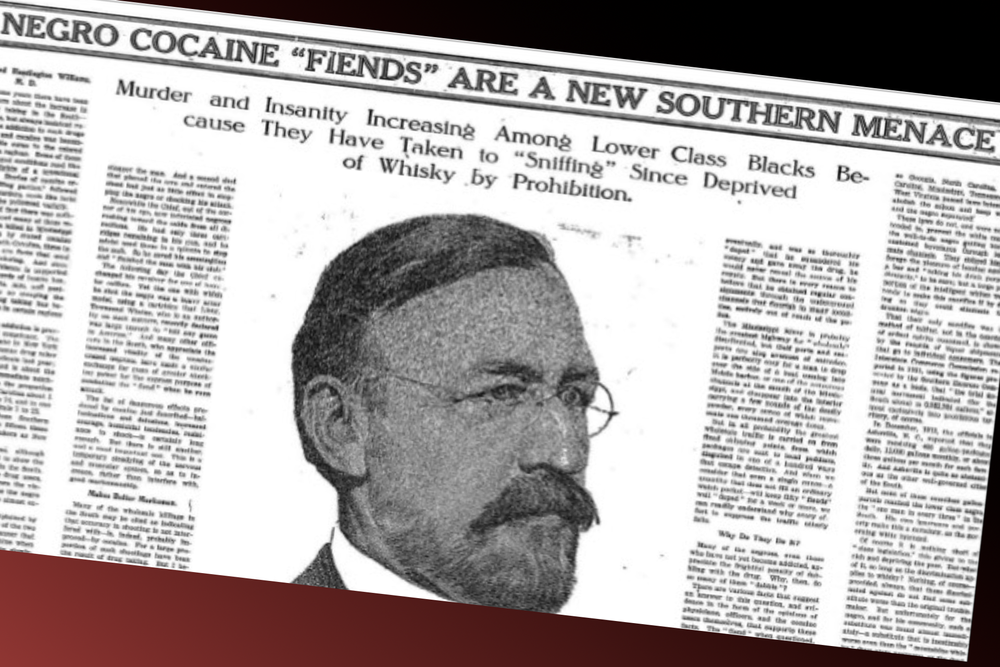
A case study on Baltimore media's racist portrayal of drug users
The Baltimore Sun has published a series of articles about the city's overdose crisis. Yet a racist narrative is woven into the pieces, continuing a decades-long trend of racist media coverage.
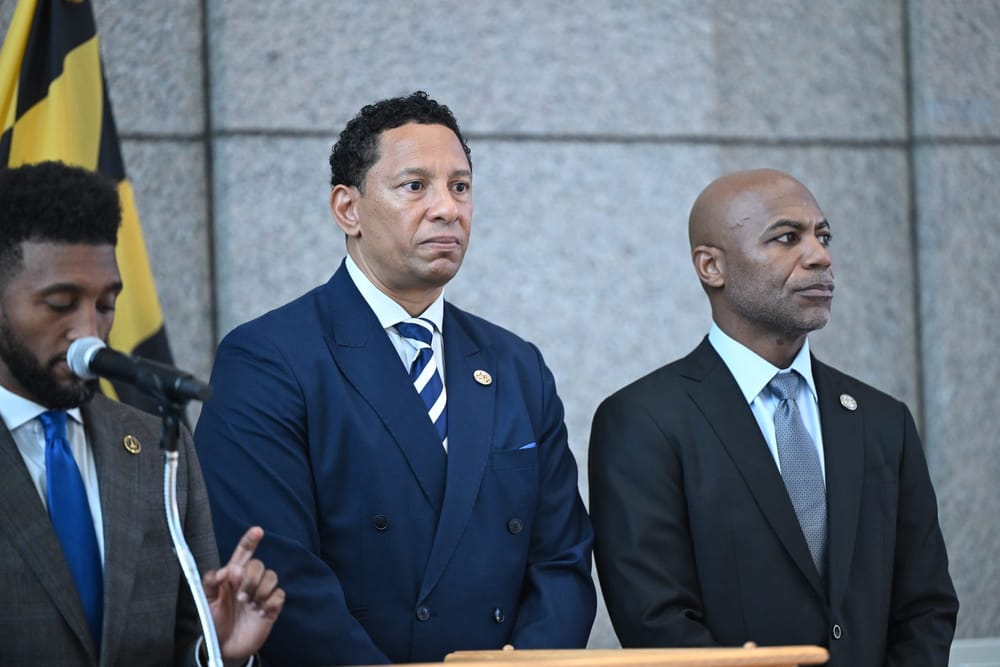
Ivan Bates, a drama-loving drug warrior, must be primaried from the left in 2026
By fanning the flames of the drug war and repeatedly embroiling himself in drama with other elected officials, State's Attorney Ivan Bates has shown himself to be unfit for office.
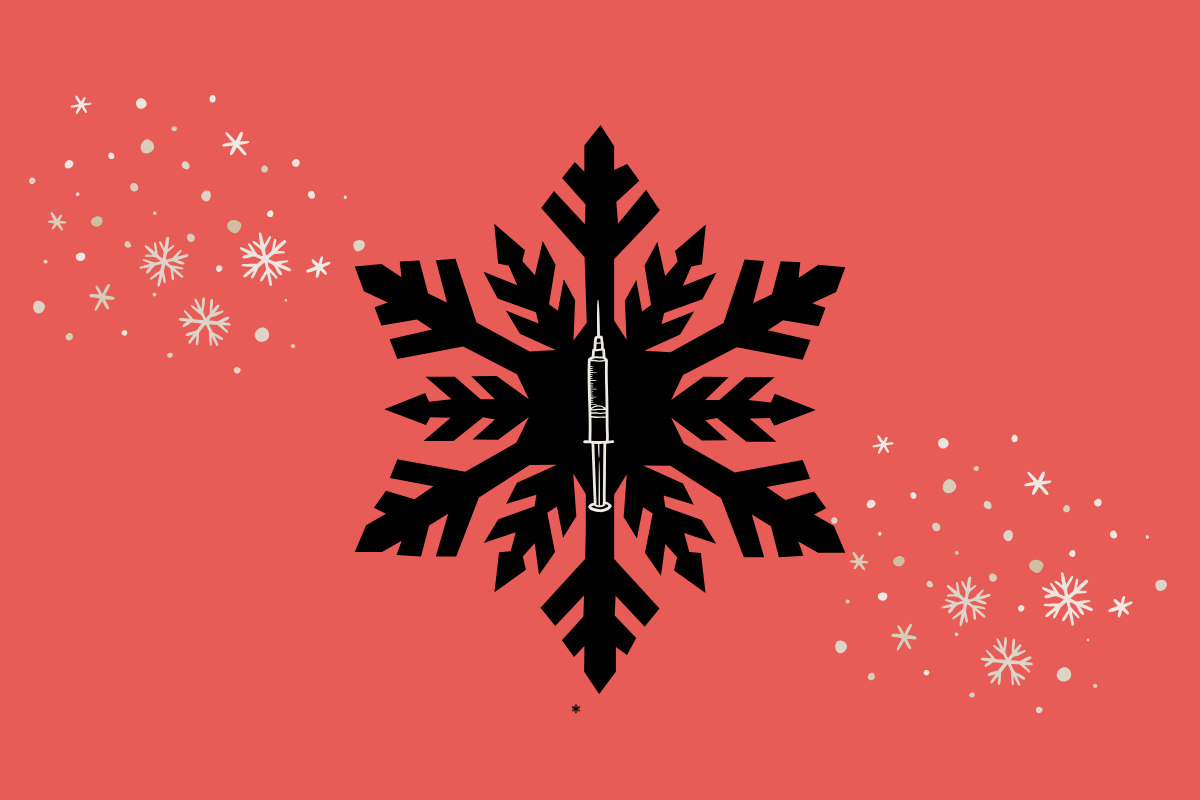
You don't have to be sober for the holidays — but use safely
Whether you're sober or a drug user, have a good time this holiday season. Just be safe while you do it.

